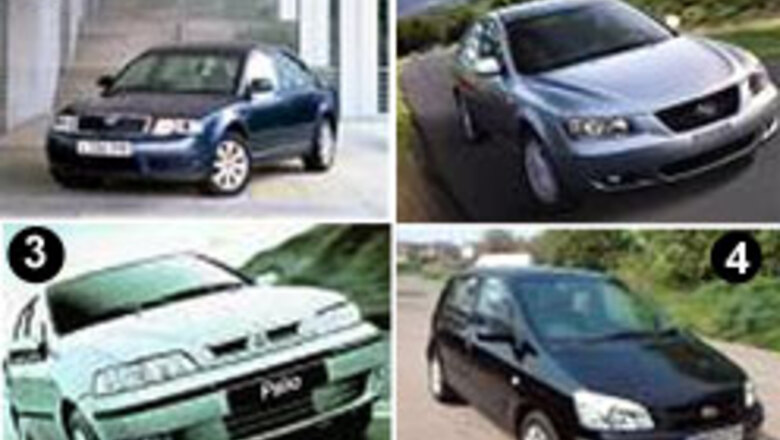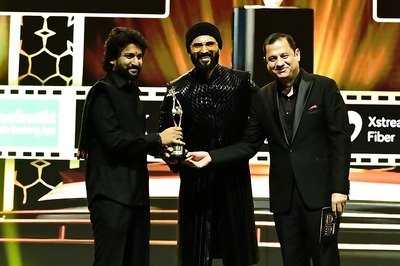
views
Talking about his wish list for this budget, Harish Sheth, CMD, Setco Automotive Ltd said he would like to request the government to re-look at the interest rates, excise duty, import duty and customs duty. “The duty and tax structures should be comparable to allow us to compete in the world markets,” he said, speaking to www.moneycontrol.com.
In addition to this, he wants the government to set up grants and funds to allow the development of the local industry. “Also if the concentration on completing infrastructure projects (roads and ports) is done in a timely manner, the industry could benefit greatly,” he added.
Sheth also wants a clamp down on overloading and scrapping of vehicles, which are more than 15 years old to be implemented as he feels it is good for both, the society and the country. “This will also generate more demand for commercial vehicles,” he said.
Sheth feels there has been a slow down in the auto industry during 2007-08, particularly for two wheelers and heavy commercial vehicles. The reasons for this, he adds, include higher interest rates, slowdown in the global industry and the rupee appreciation. “Thus, by giving incentives for exports, in terms of duty drawback will help to off set the rupee appreciation.
The uniform excise duty should also be 14% as against the current 16.6%. Lowering the interest rates will again help boost the growth through increased demand in the automotive sector,” he explained.
”Other ASEAN countries are enjoying lower material cost compared to the Indian manufacturers mainly due to lower import and customs duty and cost of labour,” Sheth. According to him, raw material in countries such as China, Korea etc is much cheaper and there are also no prevailing tax benefits for Indian operations. “This, in turn, is allowing the cost of final product in other countries to be cheaper, thus making the Indian auto components industry less competitive. Hence, the industry is demanding higher import duty from these countries,” he added.
Talking about his outlook for the auto components sector in the year ahead, Sheth said that as an effect of the 2007-08 slowdown, they are looking at a small domestic growth in the consecutive year. “The above mentioned effects would have somewhat smoothened down and from 2009-10 good growth in the sector can be prophesied after it has consolidated.
But year 2008-09 and 2009-10 would definitely be better as compared to 2007-08. As India’s GDP growth continues at 8% to 9%, the auto sector will do well. Also stiffer emission norms and a further clampdown on overloading will definitely make the newer vehicle demands pick up.”
So far, the focus has been on the cost and quality in the industry, Sheth feels and adds that the challenge now is in maintaining prices along with the quality and then bringing new technological products for the end users. “This, in turn will reduce their cost of operations, replacements and bring more value addition, this while keeping focus towards a better environment,” he said.
Sheth feels that the Nano, which is expected to go into production by December 2008, will positively help the component industry. “The goal is to bring good value added products to the customer, improve current services to customers and concentrate on global sales. With this, the sales slowdown domestically can be hedged,” he explained.
(with inputs from moneycontrol.com)


















Comments
0 comment